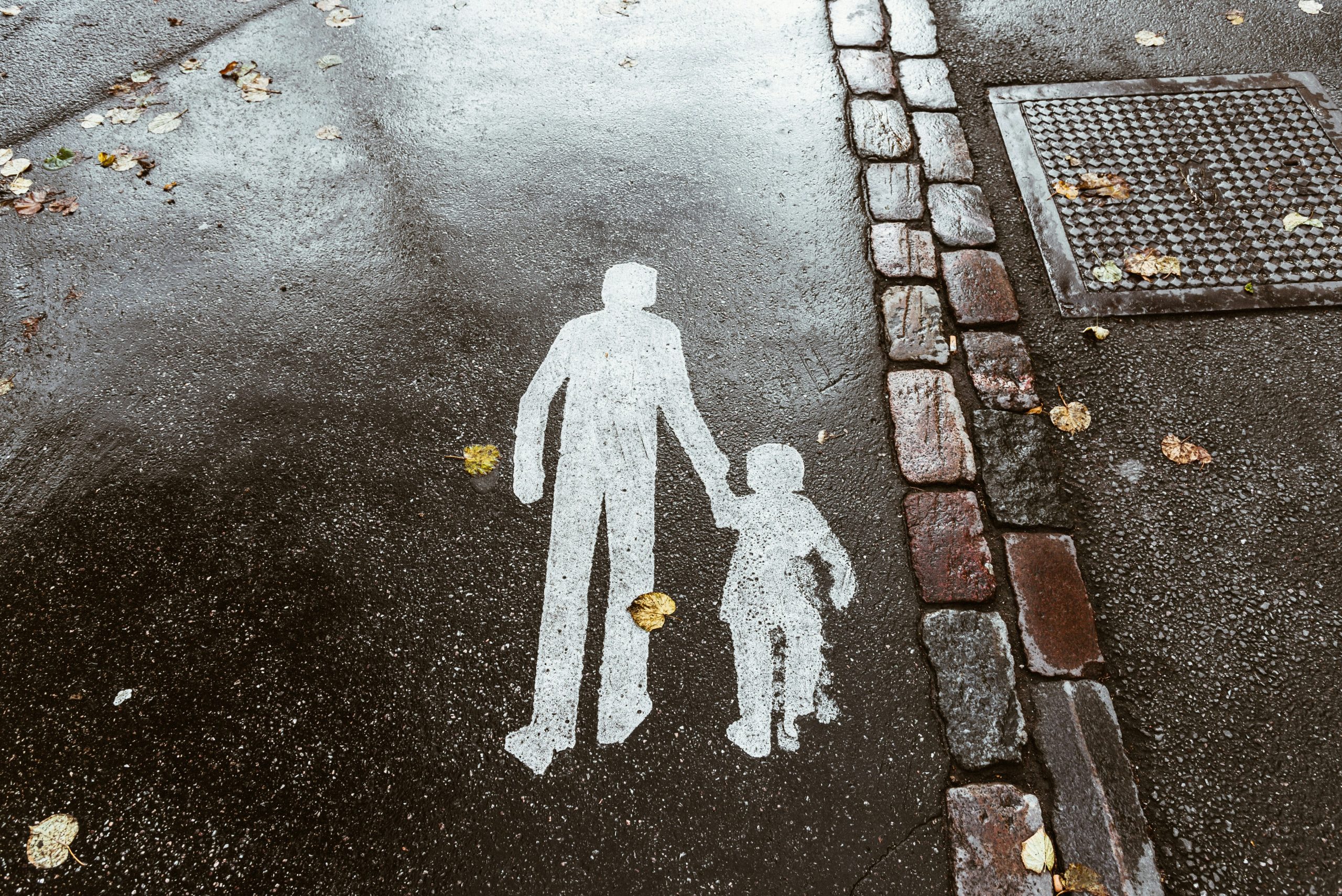
Breaking the Cycle: Generational Trauma and Trauma-Informed Family Engagement in School Settings
Course Description
This training equips school-based professionals—especially School Resource Officers (SROs)—with the tools to recognize, understand, and respond to generational trauma within families of youth. Building on foundational knowledge of trauma and behavior, this course focuses on how trauma is often mirrored across generations, impacting both children and their caregivers. Participants will explore the science of trauma transmission, cultural and historical contributors to generational harm, and the critical role of trauma-informed communication strategies when engaging with families. Practical frameworks and real-world scenarios will help participants move beyond frustration and toward compassionate, constructive partnerships with caregivers and parents who may themselves be trauma survivors or struggling with behavioral challenges.
Learning Objectives
1. Explain how generational trauma manifests in families and influences youth behavior in school settings.
2. Identify signs of trauma responses in adults and caregivers that may affect communication and collaboration.
3. Apply trauma-informed principles to interactions with families to promote safety, trust, and mutual respect.
4. Recognize the role of implicit bias, cultural humility, and systemic inequities in trauma- informed engagement.
5. Demonstrate effective strategies for de-escalating conflict and building rapport with caregivers who may be experiencing behavioral or emotional dysregulation. 6. Develop a personalized plan to improve communication and reduce harm in high-stakes or emotionally charged school-family interactions.
2. Identify signs of trauma responses in adults and caregivers that may affect communication and collaboration.
3. Apply trauma-informed principles to interactions with families to promote safety, trust, and mutual respect.
4. Recognize the role of implicit bias, cultural humility, and systemic inequities in trauma- informed engagement.
5. Demonstrate effective strategies for de-escalating conflict and building rapport with caregivers who may be experiencing behavioral or emotional dysregulation. 6. Develop a personalized plan to improve communication and reduce harm in high-stakes or emotionally charged school-family interactions.
Please check out the upcoming training calendar to view upcoming training sessions for individuals, or choose request training to bring a session to your organization.

